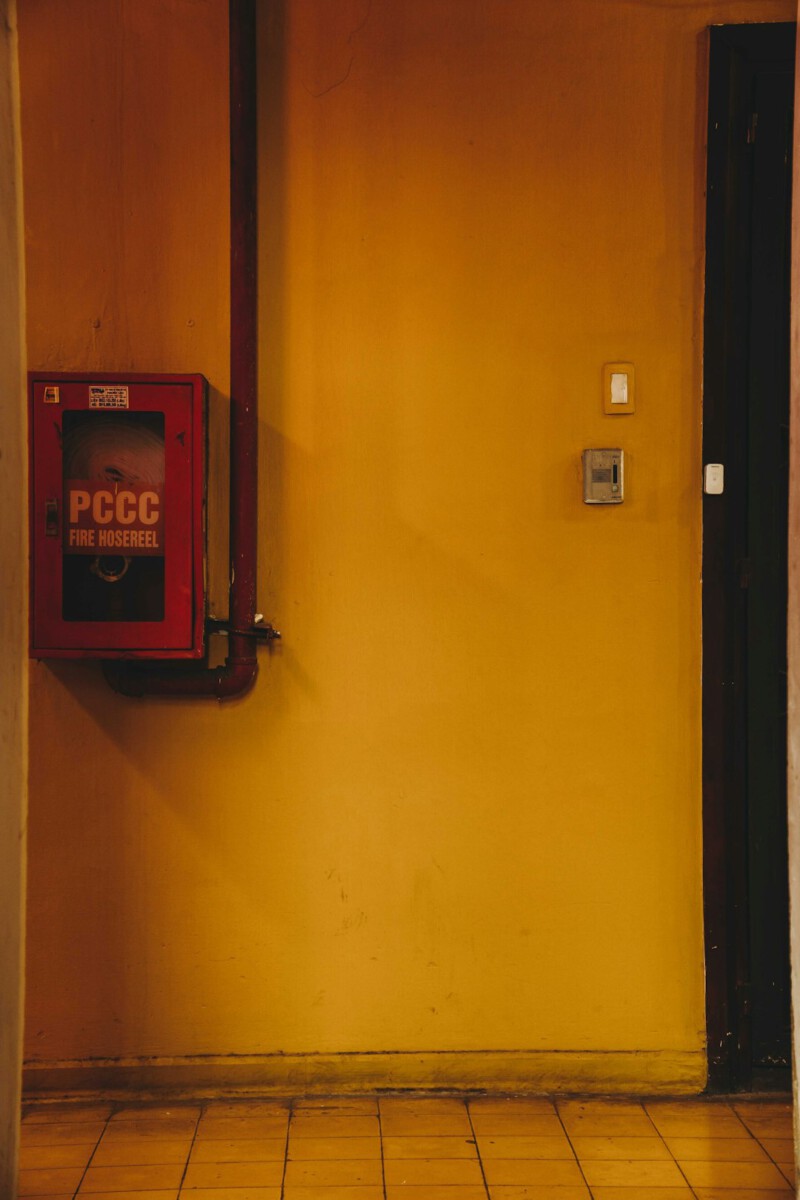A Shocking Turn in a High-Profile Case (Image Credits: Unsplash)
Boston – Tension hung heavy in the courtroom as the jury’s decision echoed through the room, marking the end of a grueling legal battle that crossed oceans.
A Shocking Turn in a High-Profile Case
Imagine crossing the Atlantic for what should have been a celebratory trip, only to face charges that upend your life. That’s the reality for Terence Crosbie, a 39-year-old Dublin firefighter whose visit to Boston took a dark turn. On October 24, 2025, a jury of six men and six women delivered a guilty verdict after less than three days of deliberations in his retrial.
This wasn’t Crosbie’s first brush with the court. His initial trial back in June 2025 ended in a deadlock, leaving everyone on edge. Prosecutors painted a picture of an assault during the lively St. Patrick’s Day celebrations, while the defense fought hard to cast doubt.
The conviction stems from an alleged incident on March 15, 2024, in a downtown hotel room. Crosbie has maintained his innocence throughout, but the evidence proved too compelling for the jury this time around.
The Night That Changed Everything
St. Patrick’s Day in Boston buzzes with green-clad crowds and parades, a far cry from the nightmare that unfolded for one woman. She accused Crosbie of raping her in a hotel room after a night out. Details emerged during testimony about the lead-up to the incident, highlighting the chaos of the holiday weekend.
Crosbie, part of a group of Irish firefighters marching in the parade, crossed paths with the victim that evening. What started as festive encounters spiraled into allegations of non-consensual acts. The woman, 29 at the time, reported the assault promptly, setting the wheels of justice in motion.
Investigators gathered key evidence, including DNA samples that linked Crosbie to the scene. This retrial revisited those findings with fresh eyes, ensuring no stone was left unturned.
Key Evidence That Tipped the Scales
Forensic testimony played a pivotal role, with analysts detailing male DNA profiles from the victim’s samples. Crosbie’s own police interview, though not fully replayed, underscored inconsistencies in his account. The prosecution argued these pointed clearly to guilt.
The defense highlighted the victim’s alcohol consumption that night, suggesting memory lapses. Yet, closing arguments from prosecutor Erin Murphy emphasized the woman’s credibility: she had no motive to fabricate the story. Jurors seemed convinced, rejecting claims of consent.
One standout moment came when the jury requested to rehear parts of the interview, only for the judge to deny it since it wasn’t entered as evidence. Still, the overall narrative held strong.
From Deadlock to Decision: The Retrial Journey
The first trial’s hung jury left Boston’s legal community buzzing. Crosbie remained free on bail during the interim, but the pressure mounted as preparations for round two began. This time, the case unfolded over several days in October 2025, drawing international attention.
Witnesses, including the victim, relived the trauma on the stand. Her emotional testimony described the assault in vivid detail, resonating with the panel. Crosbie, appearing subdued, chose not to testify, letting his lawyers carry the load.
Deliberations kicked off on October 22, with the verdict arriving swiftly by Friday. It was a decisive blow, closing a chapter that started over a year earlier.
Impact on the Lives Involved
For the victim, the guilty finding brings a measure of closure after months of uncertainty. Sexual assault cases often drag on, testing survivors’ resolve, but her persistence paid off. Advocacy groups praised the outcome as a win for justice in holiday hotspots prone to such crimes.
Crosbie now faces sentencing, which could mean years behind bars. As a firefighter back home, his career hangs in the balance, with Dublin authorities likely to act. The case spotlights the risks of out-of-town revelry turning perilous.
Beyond the individuals, it raises broader questions about accountability for visitors in foreign cities. Boston’s St. Patrick’s Day parade, a massive event, will undoubtedly see heightened awareness efforts.
Lessons from a Cross-Border Ordeal
This verdict underscores how quickly celebrations can sour without consent at the forefront. It reminds travelers and locals alike to prioritize safety amid the fun. Legal experts note the challenges of prosecuting international cases, yet this one succeeded through solid evidence and victim advocacy.
- DNA evidence proved crucial in linking the defendant to the crime scene.
- The retrial’s swift deliberations show the jury’s clear view of the facts.
- Survivors’ voices can drive change, even across borders.
In the end, justice prevailed in a story that gripped two nations, proving that no one is above the law. What are your thoughts on how such cases should be handled internationally? Share in the comments below.






